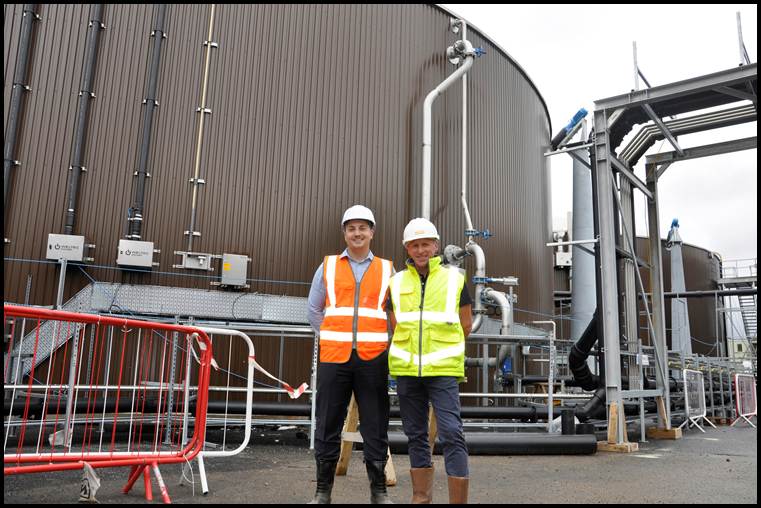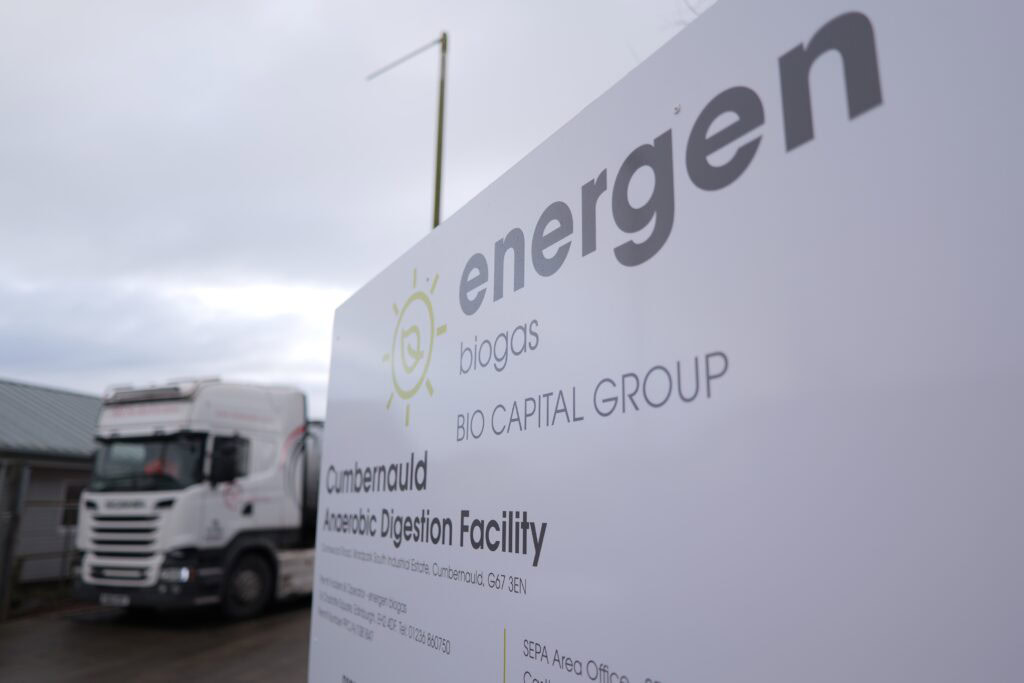Mixed collections of kitchen and green waste are set to be able to be composted to the Protocol standard |
Set to be released this March (see letsrecycle.com story) the protocol will allow compost to be classified as a “product” rather than a waste by compliant composters.
Until now the protocol has excluded animal by-products, alienating many in-vessel composters who process mixed green waste and catering waste collected by local authorities.
Animal by-products (ABPs) are the leftovers from the preparation of meat dishes and anything which has been in contact with meat. Domestic food waste, waste from food manufacturers and food retailers – classified as Category 3 ABPR – are now likely to be included in the protocol as long as the waste is composted in accordance with EU animal by-products regulations.
Speaking to letsrecycle.com today, Emily Nichols, the Composting Association's technical officer who has been working on the Protocol said: “We welcome the inclusion of these kind of wastes as they have potential to make good quality compost when composted according to good practice.”
“The agricultural market has significant potential to make beneficial use of these kinds of compost. Although the quality will be similar to composted green waste, there is a possibility that the nutrient content will be higher than just composted green waste.”
“It may aid composters in finding new markets and expanding their customer base to include customers which process ABPR waste.”
Positive
Harry Waters sales and marketing director at composting technology firm Agrivert said “Including Animal By-Product Regulations is a sensible thing to do as the importance of in-vessel composting is only set to rise over the next five year. It is a very positive thing.”
There are in the region of 30 sites in the UK that are currently processing a combination of ABPR wastes and catering wastes.
Preston based TEG environmental, which recently became the named in-vessel composting supplier for Greater Manchester Waste, has also welcomed the new inclusion.
TEG chief executive Mick Fishwick said he was happy about the expansion as now all of TEG's facilities will be able to comply with the Protocol.
These new inclusions were also welcomed by the National Farmers Union. Aarun Naik, environment policy adviser at the NFU said: “We welcome many of the new inclusions as they could potentially help
create a better quality compost that can improve soil condition and
enhance yields. It is also widens the scope of the market for those
composters who are composting more unusual materials, such as certain
animal by products.”
“As long as appropriate safeguards are in place and appropriate controls are followed we are confident that such input materials can be safely composted.”
Related links:
Revised list of wastes (opens as a PDF)







Subscribe for free